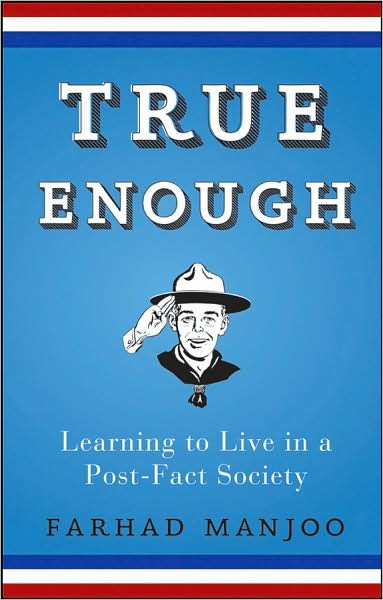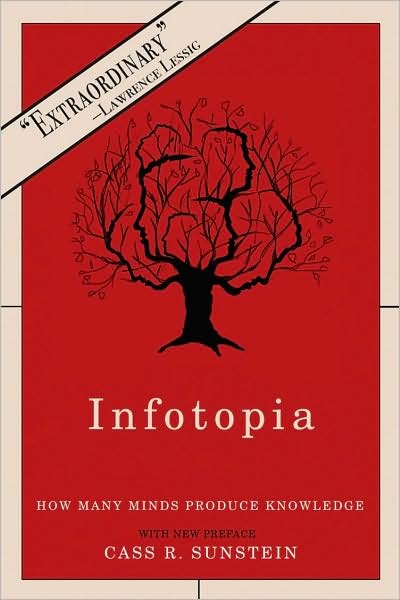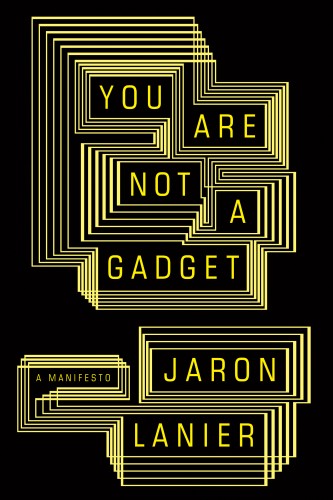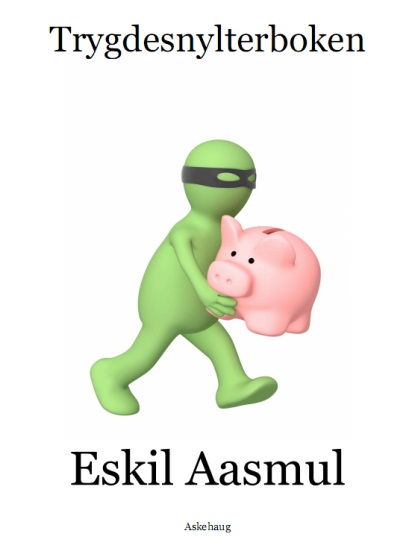
I’ve mostly been reading non-fiction lately. Much of it from the pop science / contemporary social topics borderlands. And I thought: I used to read a lot of this sort of books. Why did I stop? And then I came to Albert-László Barabási’s Bursts: The Hidden Pattern Behind Everything We Do, and I remembered why: It’s because of all the anecdotes.
40 pages into Bursts, Barabási has started, but not concluded, three separate anecdotal storylines: About some guy who documents his movements in case he’s suspected of terrorism, a gun salesman who stamps dollar bills for an online experiment, and a papal election in 1513(!)
And those are just the major storylines. When Barabási introduces Einstein’s ideas about random motion, he does it by telling a story about Einstein. Same with the researchers who build on these ideas in modern times. A story. Always a story.
Anecdotes can be useful. Sometimes the best way to present an idea is with a story. But, 40 pages in, I have only a vague guess about the idea Barabási wants to present: It has something to do with statistical patterns in the behavior of large groups of people. Maybe. Which is really just what the subtitle says.
I wrote a rant about this sort of book in 2006: Snappy Title: How I Expanded A Moderately Original Idea Into 300 Pages of Misleading Anecdotes. Rereading it is eerie. It fits this book perfectly.
I’m sure there’s an interesting essay in here, hiding among the anecdotes. But it’s suffocating.
Oh Malcolm Gladwell, what have you done?







